Find Help
More Items From Ergsy search
-
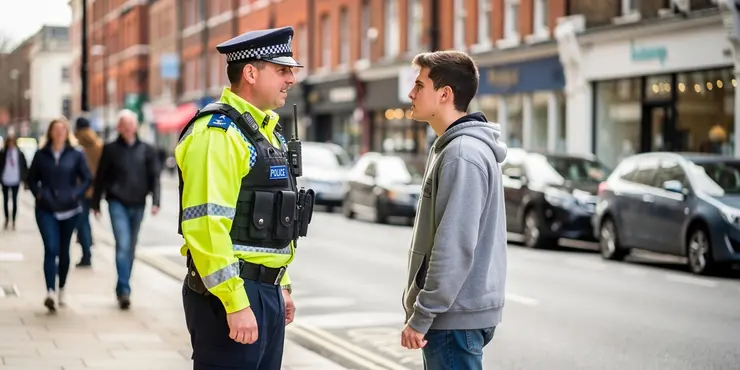
What are my rights if the police want to stop and search me? [Criminal law]
Relevance: 100%
-
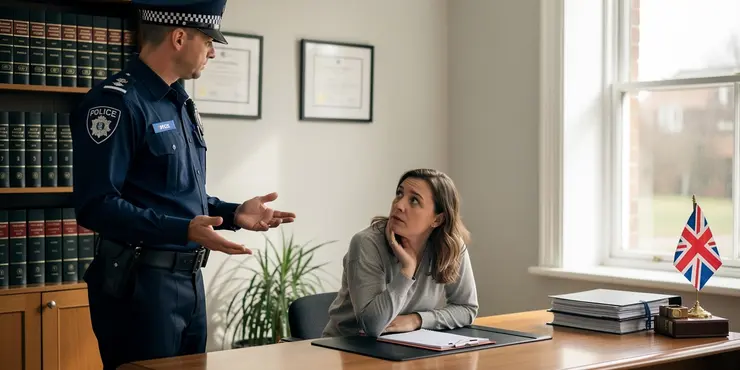
Will I be searched?
Relevance: 52%
-

What laws govern my right to access police records?
Relevance: 51%
-
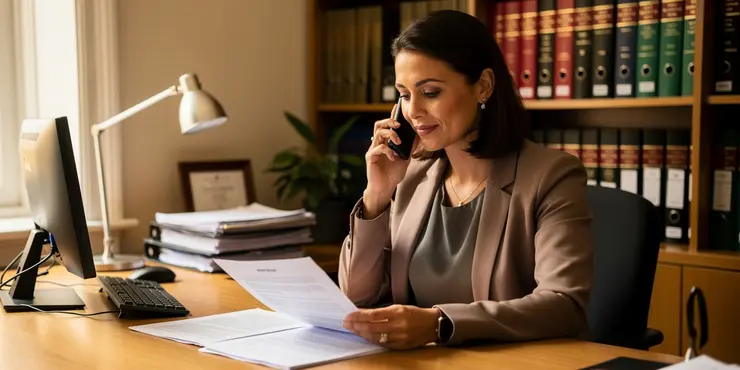
Do I have a right to see my police records?
Relevance: 44%
-
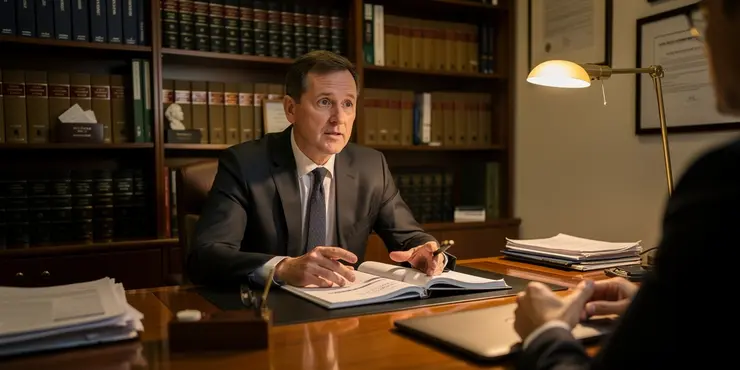
Do I have a right to see other people's police records?
Relevance: 42%
-
Do I have a right to see my police records?
Relevance: 41%
-
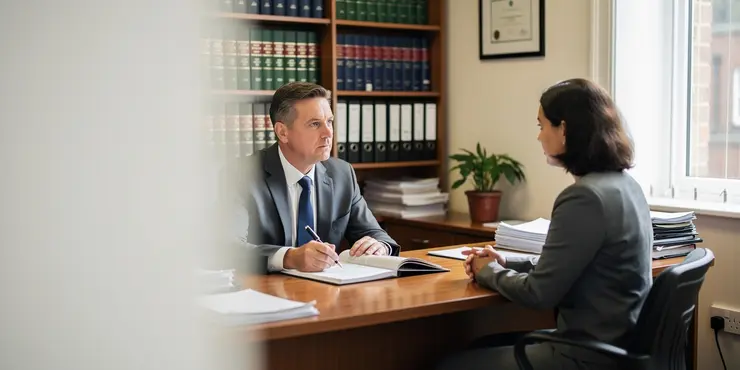
Can police records be expunged or sealed?
Relevance: 37%
-

How does law enforcement typically identify drug offences?
Relevance: 35%
-
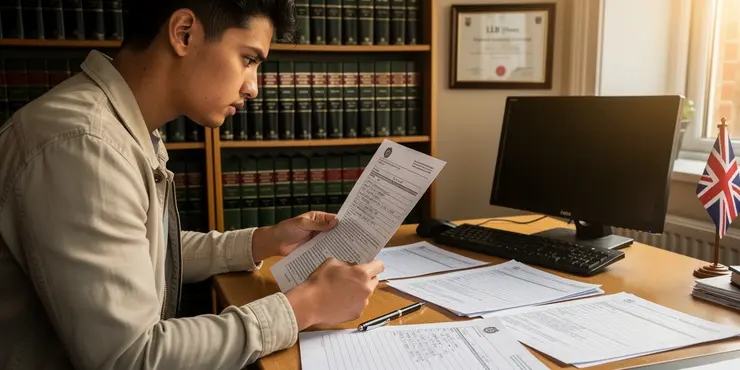
Will accessing my police records show up in background checks?
Relevance: 34%
-
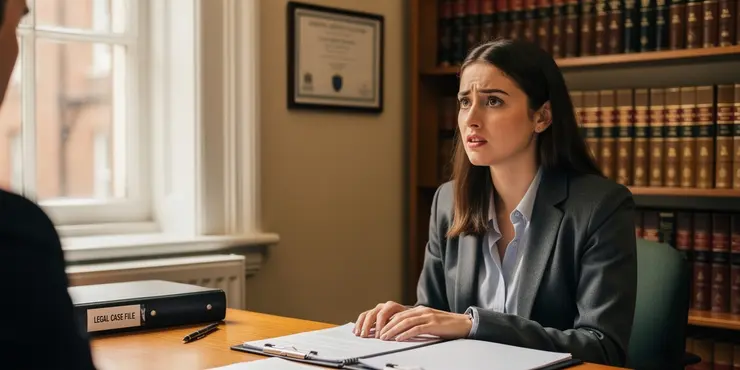
What impact does sealing my police records have?
Relevance: 34%
-
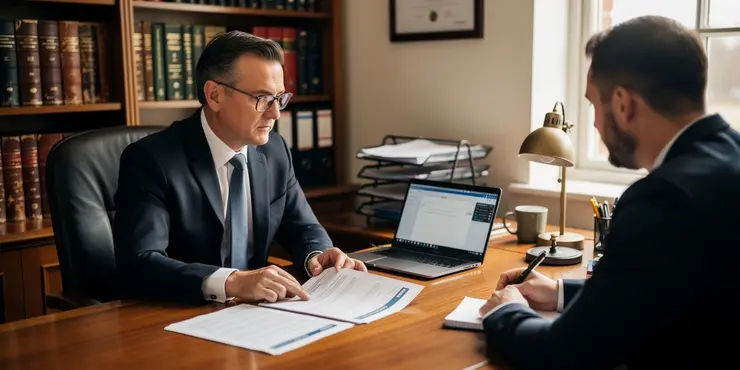
Are all police departments required to provide access to records?
Relevance: 33%
-
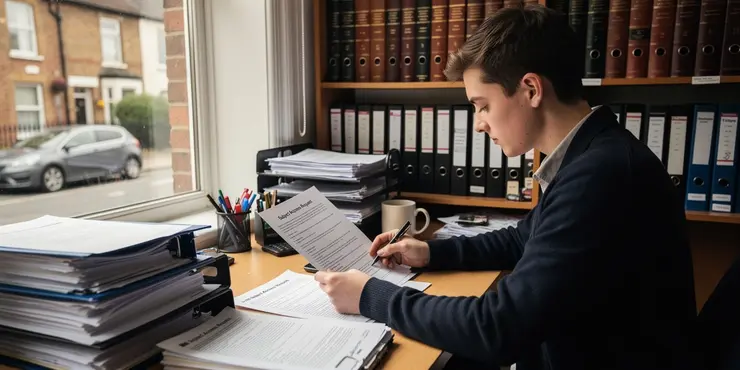
How can I request access to my police records?
Relevance: 32%
-

Can the police access my neighbour’s CCTV footage without consent?
Relevance: 31%
-

The Human Rights Act
Relevance: 30%
-
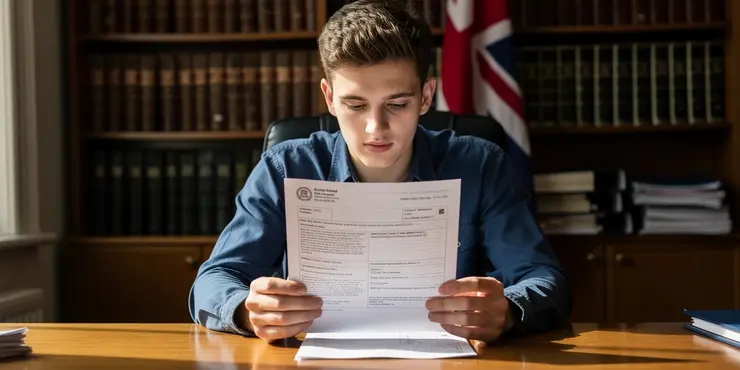
How can I ensure my police records are accurate?
Relevance: 30%
-
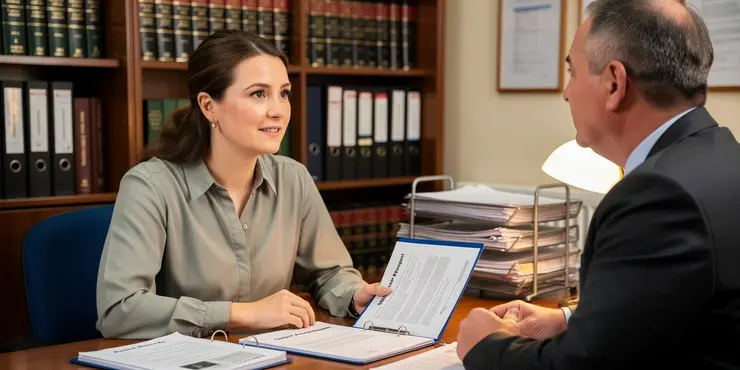
What types of police records are available for me to see?
Relevance: 30%
-
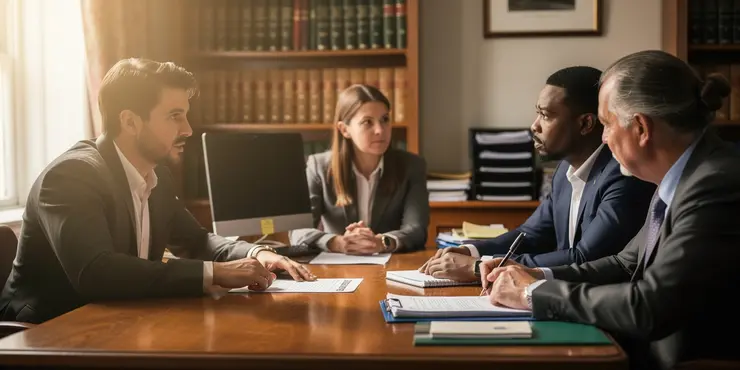
What information do I need to provide to access my police records?
Relevance: 29%
-
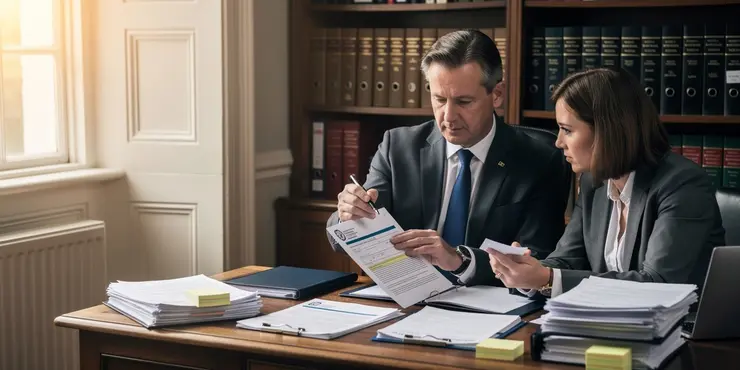
Can access to my police records be denied?
Relevance: 29%
-
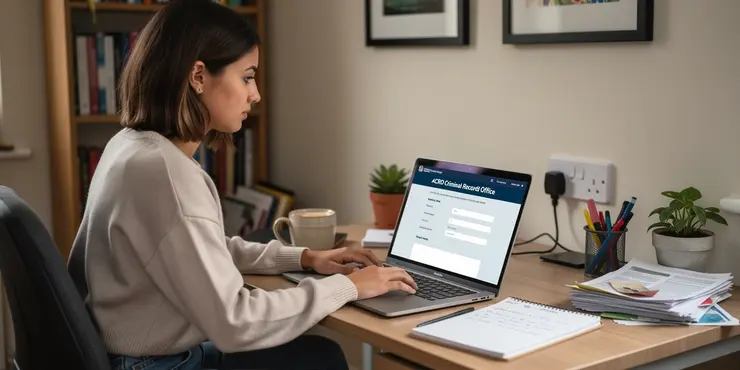
Can the process of obtaining police records be done online?
Relevance: 28%
-
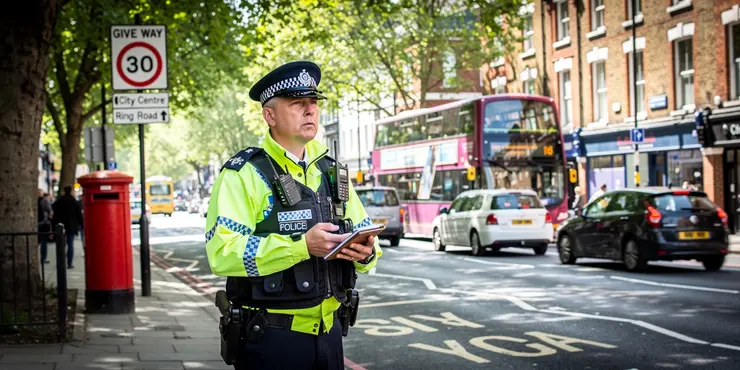
How is dangerous driving detected by police?
Relevance: 28%
-
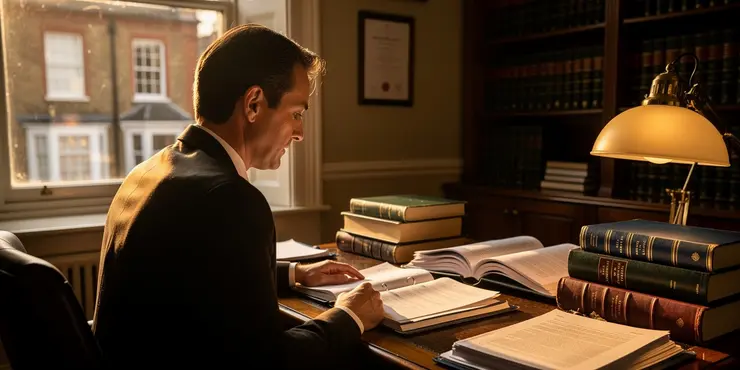
How quickly can a criminal case come to court?
Relevance: 27%
-
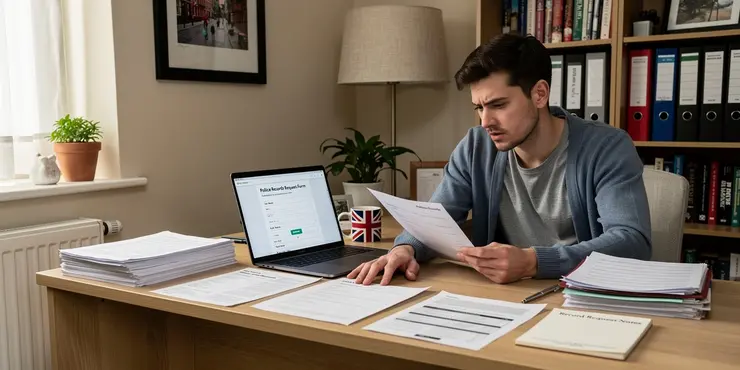
Are there any fees to obtain my police records?
Relevance: 27%
-
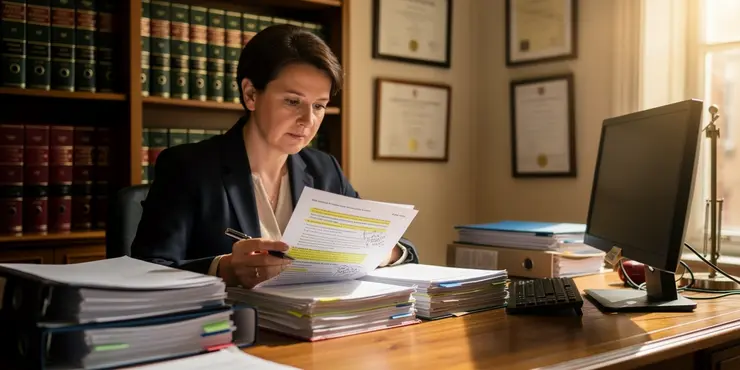
Is the Chief Law Officer for England and Wales involved in human rights issues?
Relevance: 27%
-
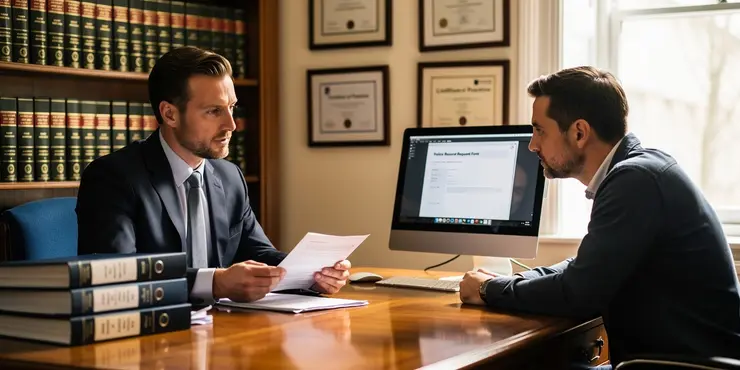
Can someone else request my police records on my behalf?
Relevance: 26%
-
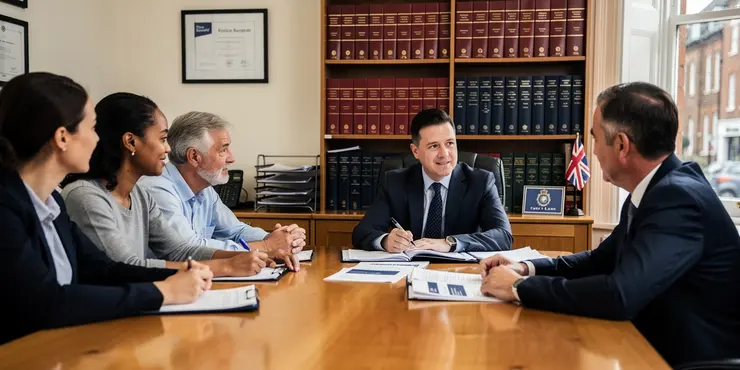
Can I access digital or electronic copies of my police records?
Relevance: 25%
-
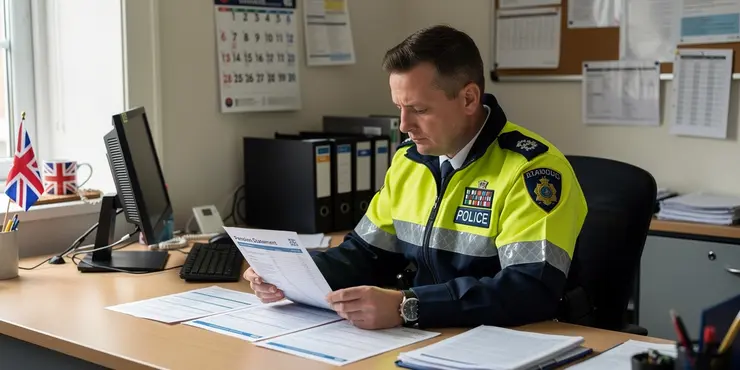
Police Pension Explained
Relevance: 24%
-
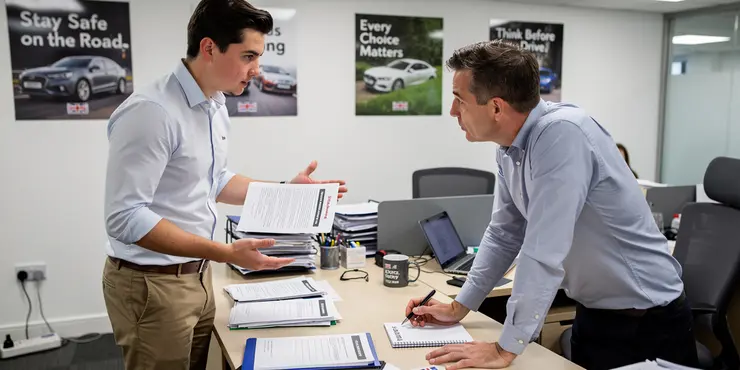
Can dangerous driving lead to a criminal record?
Relevance: 24%
-
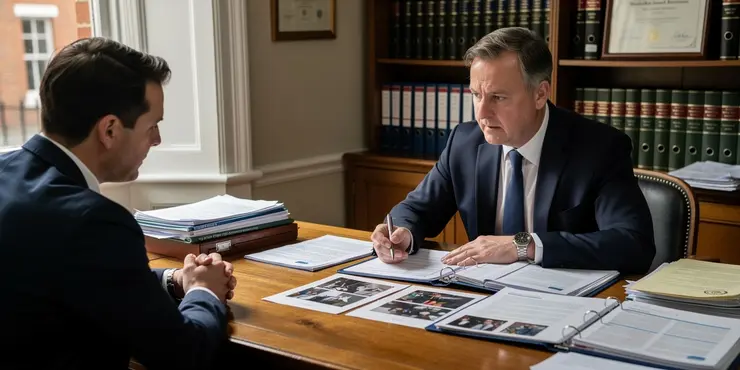
Is there a difference in accessing police records for federal and state cases?
Relevance: 23%
-

Can I stop an eviction if I catch up on rent payments?
Relevance: 23%
-
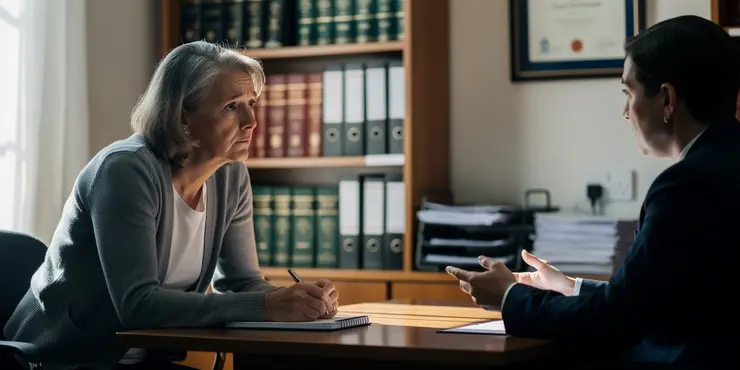
What should I do if my request to see my police records is denied?
Relevance: 23%
-

Can Universal Credit be stopped or sanctioned?
Relevance: 23%
-
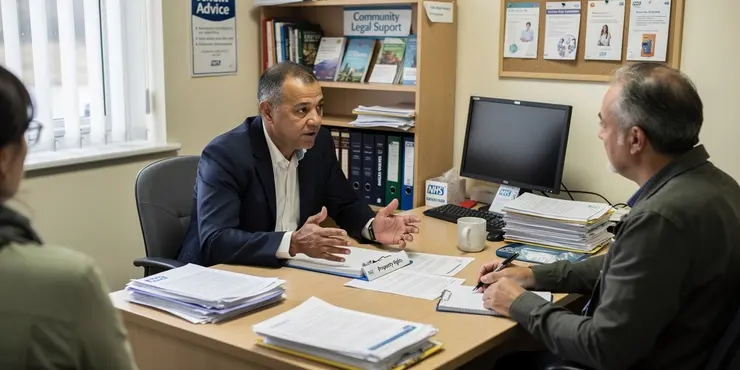
What is adverse possession in property law?
Relevance: 21%
-
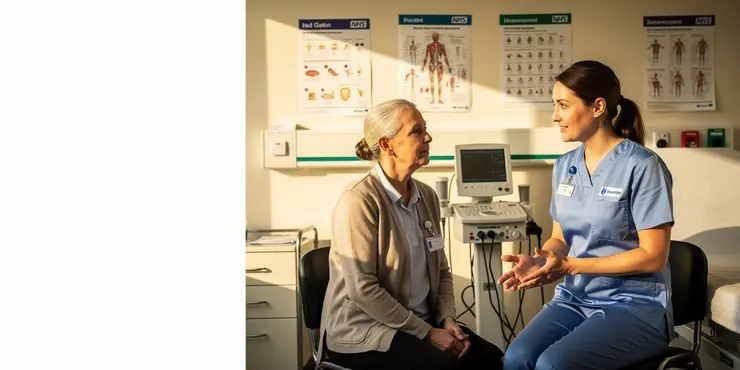
How will police and authorities verify digital driving licenses?
Relevance: 21%
-
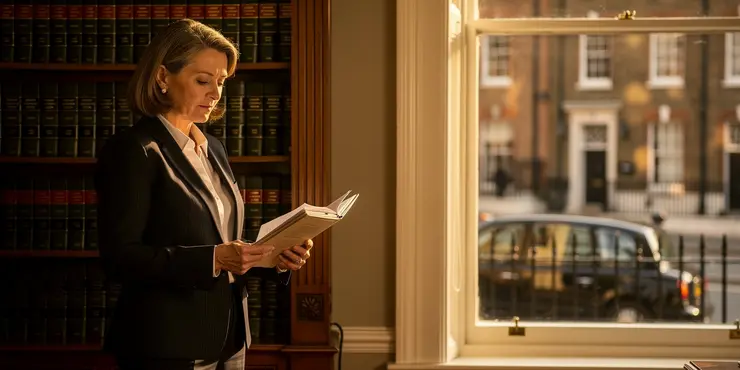
What is the role of the Chief Law Officer for England and Wales?
Relevance: 20%
-

Should I buy holiday insurance from a travel agent or search independently?
Relevance: 20%
-
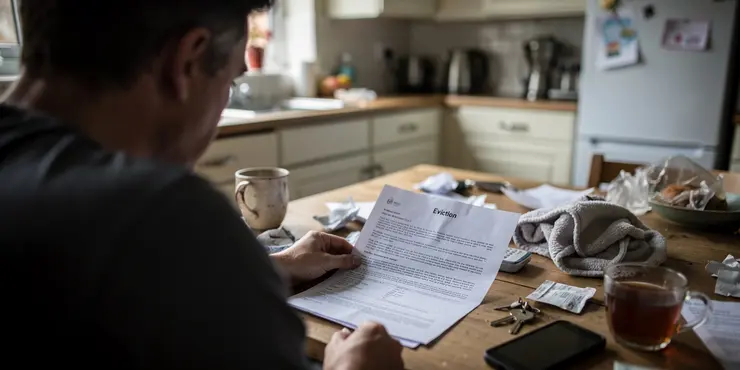
Does filing for bankruptcy stop an eviction?
Relevance: 20%
-
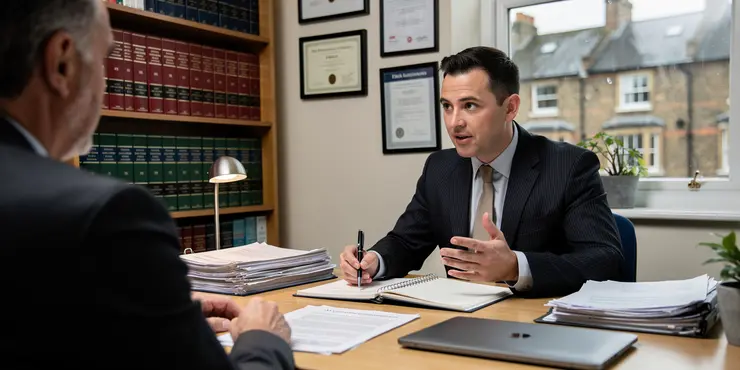
What influence does the Chief Law Officer for England and Wales have over the legal profession?
Relevance: 20%
-

Is the Chief Law Officer for England and Wales part of the UK government?
Relevance: 20%
-
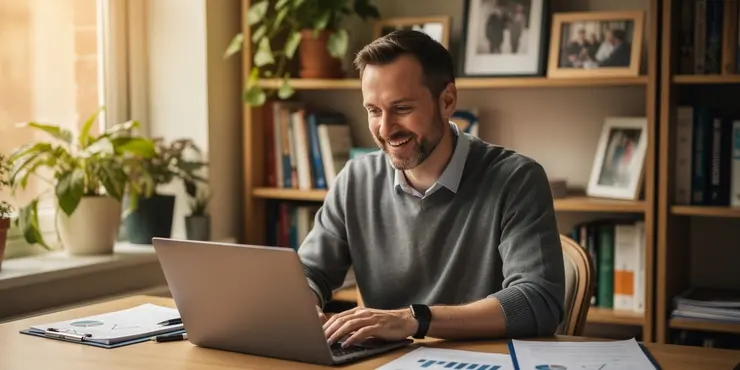
What are my rights as a Gig Worker?
Relevance: 20%
-
Have any changes been made regarding the enforcement of visitation rights?
Relevance: 20%
What Are My Rights if the Police Want to Stop and Search Me?
Your Legal Rights During a Stop and Search
Under the Police and Criminal Evidence Act 1984 (PACE) in the United Kingdom, the police have certain powers to stop and search individuals. However, you are protected by law and have specific rights. The police must have reasonable grounds to suspect that you are carrying illegal drugs, a weapon, stolen property, or something that could be used to commit a crime. They must stop you in a public place and conduct the search in a respectful and non-discriminatory manner.Procedure the Police Must Follow
During a stop and search, the police are required to follow particular procedures: - **Introduction and Reason:** The officer must introduce themselves, provide their name and station, explain why they are stopping you, and inform you of what they expect to find. - **Documentation:** They should provide you with a written record of the search immediately or let you know how you can get a copy later. - **Conducting the Search:** The search should take place privately if more than just your outer clothing needs to be removed (e.g., hat, gloves, jacket). If it is necessary to remove more than this, it must be conducted out of public view, ideally at a police station.Your Right to Refuse Certain Searches
You have the right to refuse a search if the officer does not follow the correct procedures. For example, if they fail to provide their name and reason for the search, or if their behavior is not professional and respectful, you can challenge the search based on these grounds. However, outright refusal without valid reason may lead to arrest. It is safer to comply and later report any misconduct.After the Stop and Search
If you believe that the search was not conducted fairly or legally, you can file a complaint with the police force that conducted the search. Additionally, you can seek advice from legal professionals or organizations specializing in civil liberties, such as Liberty, to explore further actions, including potential claims for compensation if your rights were violated.Special Powers Under Anti-Terrorism Laws
There are certain scenarios under specific legislation, such as the Terrorism Act 2000, where the police have broader stop-and-search powers without needing reasonable suspicion. In such cases, higher standards of accountability and oversight are required. Nevertheless, your rights to respectful treatment and proper procedural conduct still apply.Conclusion
Understanding your rights during a stop and search can make the process less intimidating and help ensure that the police conduct themselves appropriately. Make sure to stay informed and seek legal advice if you believe your rights have been infringed during a stop and search.What Are My Rights if the Police Want to Stop and Search Me?
Your Legal Rights During a Stop and Search
In the UK, the police have rules they must follow if they want to stop and search you. This is under the law called the Police and Criminal Evidence Act 1984 (PACE). Police can stop you if they think you might have illegal drugs, a weapon, something stolen, or something used for crime. They must do it in a respectful way, and only in a public place.Procedure the Police Must Follow
Here is what the police must do when stopping you: - **Introduction and Reason:** The police officer must tell you who they are, what police station they are from, why they are stopping you, and what they are looking for. - **Documentation:** They must give you a paper record of the search or tell you how to get it later. - **Conducting the Search:** If they need to search more than just your coat or hat, they should do it somewhere private. If it involves removing more clothing, it should not happen in public, and preferably at a police station.Your Right to Refuse Certain Searches
You can say no to a search if the police officer does not do things the correct way. For example, if they do not say who they are or why they stopped you, or if they are not respectful. But, saying no for no reason can lead to arrest. It is better to let the search happen and report any problems later.After the Stop and Search
If you do not think the search was fair, you can complain to the police. You can also talk to legal helpers or groups like Liberty to see what else you can do. You might even claim compensation if your rights were not respected.Special Powers Under Anti-Terrorism Laws
Sometimes, the police can stop and search without a specific reason. This can happen under terrorism laws like the Terrorism Act 2000. Even then, they must treat you with respect and follow the rules.Conclusion
Knowing your rights can help if the police stop and search you. It can make things less scary and make sure the police do things properly. If you feel your rights were ignored, ask for legal advice.Frequently Asked Questions
What rights do I have if the police want to stop and search me?
You have the right to be treated with respect and dignity. The police must provide their name and the station they are from, explain the reason for the search, and tell you what they are looking for.
Can the police stop and search me without a reason?
No, the police must have reasonable grounds to suspect you of carrying illegal items such as drugs, weapons, stolen property, or items that could be used to commit a crime.
Do I have to give my name and address during a stop and search?
No, you are not legally required to provide your name and address unless the officer has justified grounds to demand this information.
Can the police search my pockets and bags during a stop and search?
Yes, the police can search your outer clothing, your pockets, and any bags you are carrying as part of the stop and search.
What should I do if I feel the search is unjustified?
You can politely ask for the reason for the search and the officer's name and badge number. If you still feel the search is unjustified, you can make a complaint after the event.
Can the police use force during a stop and search?
The police can use reasonable force if necessary. However, the use of force must be proportionate to the situation.
Are there any items the police cannot search during a stop and search?
The police cannot search your inner clothing or underwear in public. If a more thorough search is required, it must be done in private and by an officer of the same sex.
Do the police need a warrant to stop and search me?
No, the police do not need a warrant if they have reasonable grounds to conduct a stop and search. They must follow the legal procedures and guidelines.
Can I ask for a record of the stop and search?
Yes, you are entitled to a written record of the stop and search at the time of the incident. If that is not possible, you can request a record within three months of the search.
What if I refuse to cooperate with a stop and search?
Refusing to cooperate with a lawful stop and search can lead to your arrest. It is advisable to comply and raise any complaints later.
Can I be stopped and searched because of my race or religion?
No, stop and search must not be based on discriminatory factors such as race, religion, gender, or age. Such actions are illegal and can be challenged.
Can police search my vehicle during a stop and search?
Yes, the police can stop and search your vehicle if they have reasonable grounds to believe that it contains illegal items or is involved in a crime.
What should I do after being stopped and searched?
Ensure you receive a record of the search and note down the officers' names and badge numbers. You can use this information if you decide to file a complaint.
Can a stop and search take place at any time?
Yes, as long as the police have reasonable grounds, a stop and search can be conducted at any time.
Can the police search my home during a stop and search?
No, a stop and search does not extend to your home. A separate search warrant is required for police to search your home.
What can I do if the police want to stop and search me?
You have rights. This means there are rules the police must follow.
Here are some things to remember:
- The police must tell you their name and badge number.
- They must explain why they want to search you.
- You can ask them to show their badge.
- Stay calm and polite.
If you want more help, you can talk to a trusted adult or a lawyer. They can explain more about your rights.
You have the right to be treated nicely. The police must tell you their name and where they work. They must say why they are searching you and what they are looking for.
Can the police stop and look through my things for no reason?
The police might stop you and look in your bag or pockets. This is called a "search."
They need a good reason to do this, like if they think you have something you should not have.
Sometimes, they can do it without a reason, but this is not usual.
Using a clear voice and asking for help from a friend or adult can make things easier.
No, the police need a good reason to think you have something illegal. This means things like drugs, weapons, stolen things, or things that could help someone do a crime.
Do I need to tell my name and address if the police stop me?
If the police stop you and ask questions:
- You can ask why they stopped you.
- You do not have to tell them your name and address unless they say you must.
Remember:
You can use tools like a phone app to keep your notes.
Take deep breaths if you feel worried. It can help you stay calm.
No, you do not have to give your name and address to a police officer unless they have a good reason to ask for it.
Can the police look in my pockets and bags if they stop me?
Sometimes, the police might stop you. They might ask to see inside your pockets or bags. This is called a "stop and search".
Here are some tips if this happens:
- Stay calm and listen to what the police say.
- You can ask the police why they want to look.
- It might be good to have someone with you who you trust.
- You can use pictures or symbols to help understand what is happening.
The police can look at your clothes, check your pockets, and look inside any bags you have with you if they stop you.
What to Do If You Think a Search Is Not Fair
You can nicely ask why the officer is searching and what their name and badge number are. If you still think the search is not fair, you can tell someone about it later.
Can the police use force when they stop and search you?
The police can sometimes use force, but only if they have to.
This means they can do it if someone is not listening or hurting others.
If you are calm and do what they ask, they should not use force.
Helpful tip: When stopped by police, stay calm, listen, and ask questions if you do not understand.
The police can use force if they need to. But they should only use a little bit of force, just enough for the situation.
What things can the police not look at during stop and search?
When the police stop you, they might want to look at your things. But there are some things they cannot look at. They can't look at your phone or inside your body. If you need help, ask a trusted adult or call a lawyer for advice.
The police cannot search your clothes that are close to your skin or your underwear while you are outside. If they need to search more carefully, it has to be done in a private place. The officer who does it must be the same sex as you.
Can the police stop and search me without asking a judge?
No, the police don’t need a special paper (warrant) if they have a good reason to stop and search someone. But they must follow the rules and do it properly.
Can I get a paper that says I was stopped and searched by police?
You can ask the police for a paper that says they stopped and searched you.
Here are some ways to get the paper:
- Ask the police officer on the spot.
- Go to the police station and ask.
If you need help, you can:
- Take someone with you to help ask.
- Use a phone or computer to send a message.
Yes, you can get a paper that shows you were stopped and searched. You should get it when it happens. If you don't get it then, you can ask for it within three months.
What happens if I say no to a stop and search?
If a police officer asks to search you and you say no, this is what might happen:
- The police officer can still search you if they have a good reason.
- They will tell you why they want to search you.
- It’s important to stay calm and listen to the officer.
- You can ask the officer questions if you don’t understand.
If you need help, you can:
- Talk to someone you trust for advice.
- Use pictures or simple words to understand better.
- Remember, it’s okay to ask for help.
If the police ask to stop and search you, it is best to say yes. If you say no, the police can arrest you. You can complain about the search later if you think it was wrong.
Can the police stop and search me because of my race or religion?
The police should not stop you just because of your race or religion. They need a good reason.
If you feel worried, you can:
- Ask the police why they are stopping you.
- Tell someone you trust about what happened.
- Use a phone to call for help if you need it.
No, police cannot stop and search someone because of their race, religion, gender, or age. This is not allowed by law. If it happens, you can tell someone and ask for help.
Can police look inside my car when they stop me?
Yes, the police can stop and look in your car if they think there are bad things inside or if they think the car is part of a crime.
What do I do if the police stop and search me?
Here are some simple steps you can follow:
- Stay calm and polite. Try to relax, even if it feels a bit scary.
- Listen carefully to what the police officer says.
- Ask why they are stopping and searching you. They should tell you the reason.
- If you do not understand, ask the officer to explain again.
- You can ask for their name and badge number.
- Afterwards, write down everything you remember and talk to someone you trust.
- You can also use tools or apps that help you keep notes or contact a support group for advice.
Remember, asking questions and staying calm can help you handle the situation better.
Make sure you get a paper that shows what happened during the search. Remember to write down the officers' names and their badge numbers. This will help you if you want to tell someone about it or make a complaint.
Can the police stop and search you at any time?
The police can stop and ask you questions at any time. But, they need a good reason to search you.
If you feel confused or scared, you can:
- Ask the police why they are stopping you.
- Have someone with you to help understand what is happening.
- Use simple tools like picture cards to help you understand better.
The police can stop and search you if they think they have a good reason. This can happen at any time.
Can the police look inside my home when they stop and search me?
The police cannot look inside your home when they stop and search you on the street.
If the police want to search your home, they usually need to have a special paper called a warrant.
If you are not sure what is happening, you can ask someone you trust to help you understand. This could be a family member, a friend, or a support worker.
No, the police cannot use stop and search to come into your home. They need a special paper called a search warrant to look around your house.
Useful Links
This website offers general information and is not a substitute for professional advice.
Always seek guidance from qualified professionals.
If you have any medical concerns or need urgent help, contact a healthcare professional or emergency services immediately.
Some of this content was generated with AI assistance. We’ve done our best to keep it accurate, helpful, and human-friendly.
- Ergsy carfully checks the information in the videos we provide here.
- Videos shown by Youtube after a video has completed, have NOT been reviewed by ERGSY.
- To view, click the arrow in centre of video.
- Most of the videos you find here will have subtitles and/or closed captions available.
- You may need to turn these on, and choose your preferred language.
- Go to the video you'd like to watch.
- If closed captions (CC) are available, settings will be visible on the bottom right of the video player.
- To turn on Captions, click settings .
- To turn off Captions, click settings again.
More Items From Ergsy search
-

What are my rights if the police want to stop and search me? [Criminal law]
Relevance: 100%
-

Will I be searched?
Relevance: 52%
-

What laws govern my right to access police records?
Relevance: 51%
-

Do I have a right to see my police records?
Relevance: 44%
-

Do I have a right to see other people's police records?
Relevance: 42%
-
Do I have a right to see my police records?
Relevance: 41%
-

Can police records be expunged or sealed?
Relevance: 37%
-

How does law enforcement typically identify drug offences?
Relevance: 35%
-

Will accessing my police records show up in background checks?
Relevance: 34%
-

What impact does sealing my police records have?
Relevance: 34%
-

Are all police departments required to provide access to records?
Relevance: 33%
-

How can I request access to my police records?
Relevance: 32%
-

Can the police access my neighbour’s CCTV footage without consent?
Relevance: 31%
-

The Human Rights Act
Relevance: 30%
-

How can I ensure my police records are accurate?
Relevance: 30%
-

What types of police records are available for me to see?
Relevance: 30%
-

What information do I need to provide to access my police records?
Relevance: 29%
-

Can access to my police records be denied?
Relevance: 29%
-

Can the process of obtaining police records be done online?
Relevance: 28%
-

How is dangerous driving detected by police?
Relevance: 28%
-

How quickly can a criminal case come to court?
Relevance: 27%
-

Are there any fees to obtain my police records?
Relevance: 27%
-

Is the Chief Law Officer for England and Wales involved in human rights issues?
Relevance: 27%
-

Can someone else request my police records on my behalf?
Relevance: 26%
-

Can I access digital or electronic copies of my police records?
Relevance: 25%
-

Police Pension Explained
Relevance: 24%
-

Can dangerous driving lead to a criminal record?
Relevance: 24%
-

Is there a difference in accessing police records for federal and state cases?
Relevance: 23%
-

Can I stop an eviction if I catch up on rent payments?
Relevance: 23%
-

What should I do if my request to see my police records is denied?
Relevance: 23%
-

Can Universal Credit be stopped or sanctioned?
Relevance: 23%
-

What is adverse possession in property law?
Relevance: 21%
-

How will police and authorities verify digital driving licenses?
Relevance: 21%
-

What is the role of the Chief Law Officer for England and Wales?
Relevance: 20%
-

Should I buy holiday insurance from a travel agent or search independently?
Relevance: 20%
-

Does filing for bankruptcy stop an eviction?
Relevance: 20%
-

What influence does the Chief Law Officer for England and Wales have over the legal profession?
Relevance: 20%
-

Is the Chief Law Officer for England and Wales part of the UK government?
Relevance: 20%
-

What are my rights as a Gig Worker?
Relevance: 20%
-
Have any changes been made regarding the enforcement of visitation rights?
Relevance: 20%


